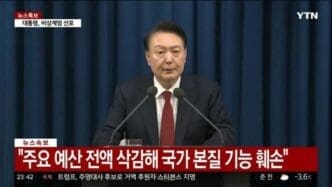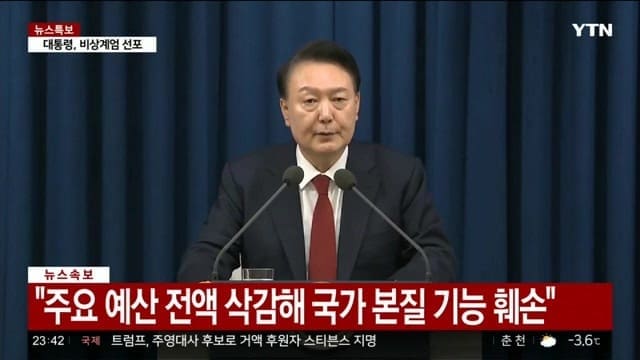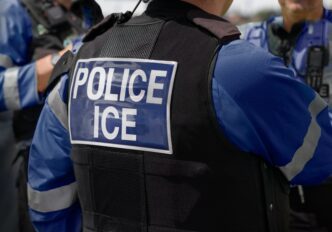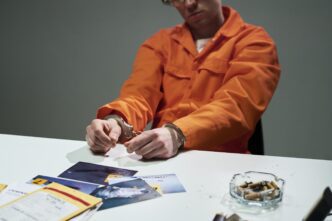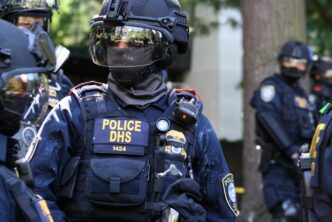In a tense standoff at the presidential residence, South Korean investigators withdrew after being blocked by security forces from executing an arrest warrant for the impeached President Yoon Suk Yeol.
The political crisis in South Korea deepened as President Yoon Suk Yeol defied a detention warrant, leading to a nearly six-hour standoff at his official residence. As investigators from the country’s anti-corruption agency attempted to serve the warrant, they were stopped by the presidential security service, citing safety concerns. The agency expressed dismay over Yoon’s non-compliance with legal procedures, marking another conflict in a series of political upheavals following his controversial declaration of martial law on December 3.
Yoon, a former prosecutor, has consistently resisted questioning from investigators. The last time he was seen outside his residence was on December 12, when he made a public statement vowing to oppose his ousting. The impeachment, driven by accusations of rebellion after Yoon deployed troops to encircle the National Assembly, was swiftly passed by a parliament dominated by the opposition. Since then, separate inquiries into these events have been launched by anti-corruption and prosecutorial bodies.
The Seoul court issued a warrant for Yoon’s detention, complicating matters due to the legal protections surrounding his residence, which is considered a site of potential military secrets. Yoon’s legal team contested the warrant, arguing against the authority of the Corruption Investigation Office for High-ranking Officials to pursue rebellion charges, noting that such work falls outside their jurisdiction. Further, they claimed enforcement at the residence would require consent from Yoon, hinting at legal ambiguities regarding the role of police in this scenario.
Amid this uncertainty, thousands of police were stationed around Yoon’s residence, countered by a large group of supporters defying the cold to protest his potential detainment. The situation escalated as clashes were reported between investigators and security forces as they attempted to gain entry, with no confirmation on the success of this operation.
The national leadership remains in a precarious state. With Yoon’s presidential powers suspended since December 14, the Constitutional Court now deliberates on whether to confirm or overturn his impeachment. For removal, at least six of the nine justices must vote in favor. Meanwhile, acting President Choi Sang-mok has made moves to bolster the court with new appointments, possibly swaying the balance toward Yoon’s impeachment.
The recent upheaval also saw the impeachment of Prime Minister Han Duck-soo, serving as acting president post-Yoon’s suspension, due to his reluctance in expediting appointments to the Constitutional Court. Choi’s subsequent appointment of two justices has intensified the political maneuvering, as the nation awaits the court’s decision.
The confrontation at Yoon’s residence remains unresolved, with his fate hanging on legal and political developments. The warrant stands valid for a mere week, with the next steps uncertain if Yoon remains defiant.
South Korea faces a significant political challenge as the impeachment of President Yoon continues to unfold. The outcome, pending the Constitutional Court’s decision, will determine the nation’s leadership and approach to governance amid ongoing tensions.
Source: Wsvn

